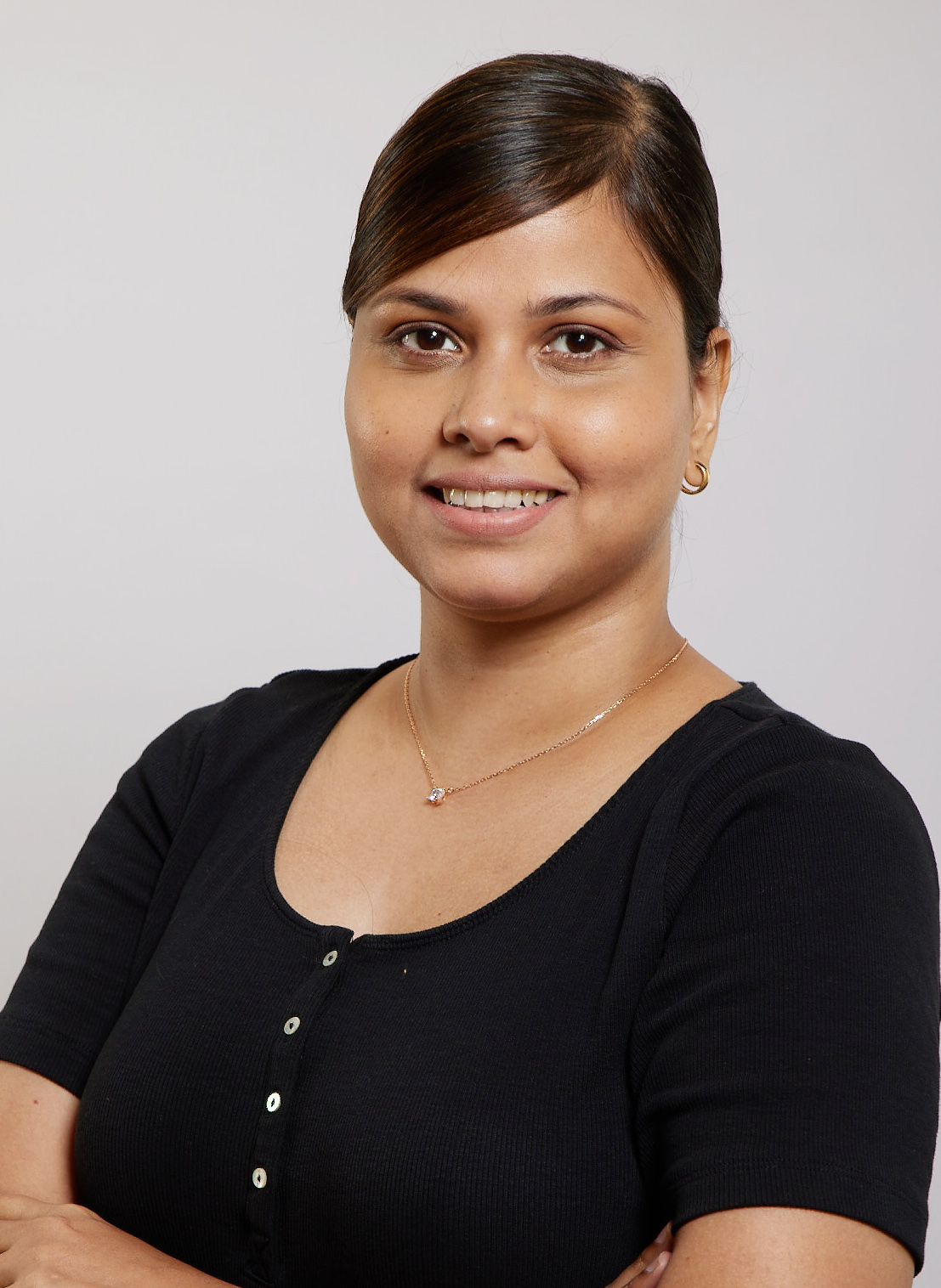
In this article, Charlotte Baptista, Product Head of Language Automation at Paperpal, discusses the gender gap in academia and explains how new technologies could help more women get their research published.
Even before the surge in research publications during the COVID-19 pandemic, women submitted fewer manuscripts than men. A study from the University of Siena assessed submitted manuscripts and peer review activities for all Elsevier journals between February 2018 and May 2020, finding that women submitted proportionally fewer manuscripts than men, a deficit that was especially pronounced in junior cohorts of female academics. While there could be various reasons for the gap, such as differences in priorities and career choices, the circumstances for women in research aren’t always conducive.
An article published as part of the Women in Engineering and Science (WES) book series explains how many female academics lack confidence in their abilities, which could be an example of why they may choose not to submit to a journal. “Women not only face systemic challenges in their academic careers, but they also have to fight inherent socially constructed gender biases… and this has impacted negatively on their emotional well-being. Some have lost confidence in themselves or the system.” So, how can women improve their confidence in their academic capabilities?
One area that many female researchers struggle with is academic writing. While most undergraduate and postgraduate programmes teach students how to design studies, collect data, or use research methods, there is limited formal training on academic writing. That being said, a manuscript may very well be rejected by a journal if it contains grammatical errors or is difficult to read. In addition, submitting a manuscript to a journal requires a strong grasp of academic conventions in terms of structure, reasoning, and references, as well as an understanding of the journal’s technical requirements. Failing to meet these key criteria increases the risk of the paper being rejected, an undesirable result for researchers everywhere. With English as the lingua franca of most academic journals, these publication challenges are often more difficult for researchers with English as a second language.

I believe that the right technology can make a difference. One option for female researchers is to use an AI-based manuscript evaluation tool that can help them to write and submit better quality research manuscripts, which can, in turn, boost their confidence.
My work at Paperpal involves developing an artificial intelligence (AI) tool that is based on the expertise of thousands of professional academic editors. The underlying machine learning model is designed to learn from the precise changes made to manuscripts to ensure they are submission ready. Meanwhile, our benchmarking exercises helps us ensure Paperpal continues its top-notch performance, with near-human levels of accuracy.
Paperpal’s algorithms have been fine-tuned to correctly handle academic writing conventions including scientific elements, such as SI units, equations, abbreviations, and technical terms, making it the ideal AI assistant for academic researchers. The AI understands enough context to provide in-depth rewrite suggestions that can help researchers communicate effectively.
Alongside the comprehensive language checks, Paperpal also assesses manuscripts for key technical elements, such as appropriate references, structural coherence, ethical declarations and other areas of compliance. The breadth of functionality was designed to help researchers save time while checking a manuscript and empower them to optimize their work accurately — this fosters confidence among female academics that their manuscript writing is as good as their research.
While women have increasingly made their mark in other fields, the pace of change in academia has been less than desirable. My hope is that AI will democratize academic publishing in a way that allows research to be judged entirely on its merit, rather than the confidence or writing abilities of its author. Technology can act as an enabler — improving women’s chances of acceptance in high-impact academic publications and helping them increase citations and widen their reach and impact. Apart from increasing their overall reputation in the researcher community, this can also help put their careers on par with their male counterparts.
To find out more about how Paperpal can transform your academic writing, visit the Paperpal website.
Charlotte Baptista is Product Head of Language Automation at Paperpal. She has spent a decade of her career empowering large, global copyediting teams to create publish-worthy research papers. During this time, she has experienced first-hand the challenges that researchers face at different points in their publication journey. Eventually, she moved to the tech space, where she now leverages these insights and builds products to solve the problems that research writers encounter from idea to draft and through to publication. She is passionate about automation for success and speed, and is enjoying very much the process of bringing AI-enabled efficiencies to the publishing sector.

